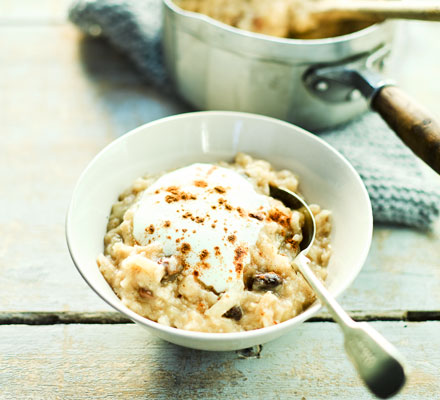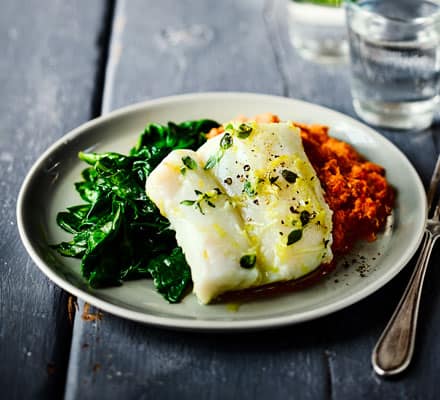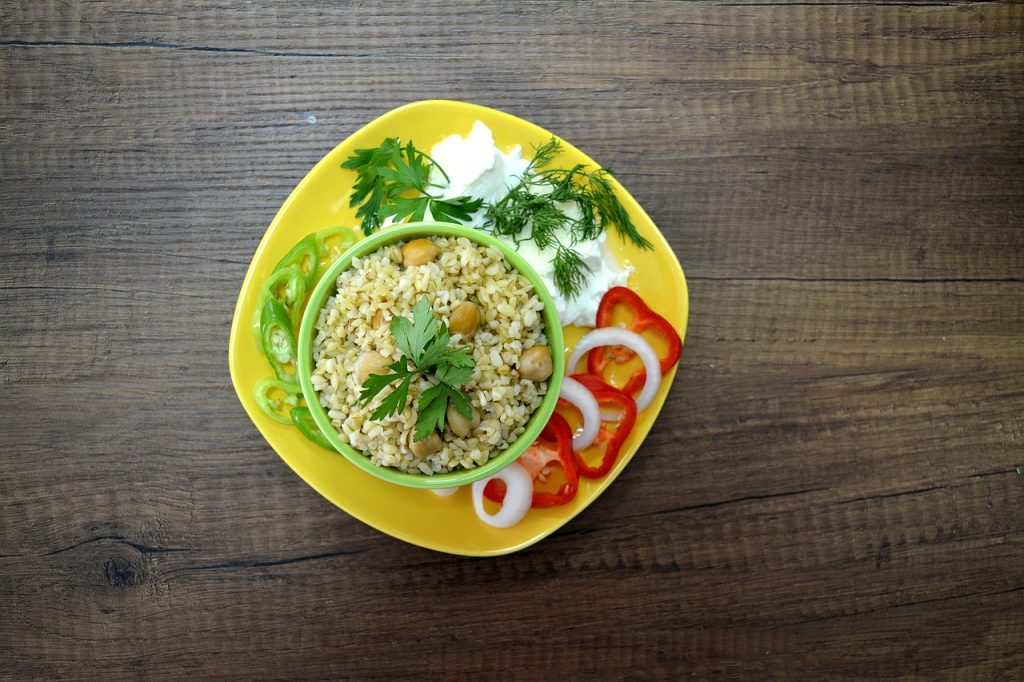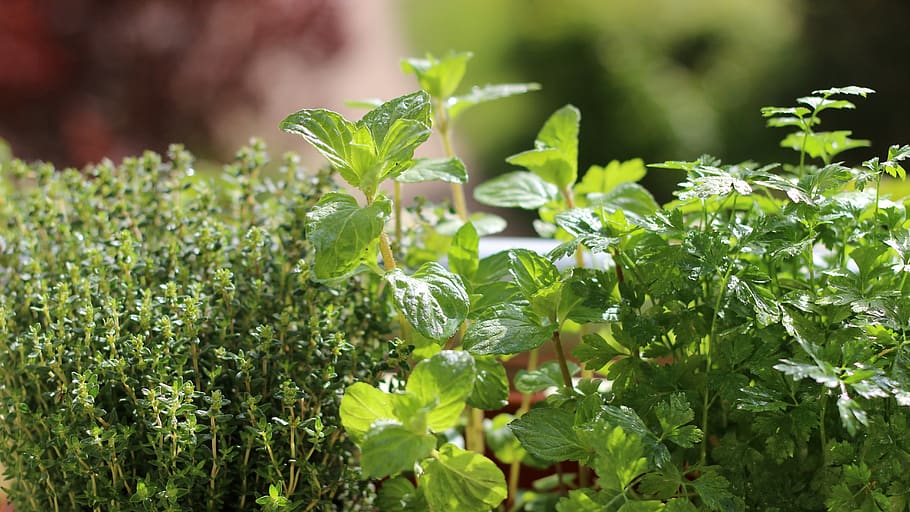Having breastfed three kids, through following advice from friends and books and a whole lot of trial and error, I figured out what helps me produce more breast milk, and also what reduces my supply. There are some foods and herbs that are touted as lactogenic. Not everyone is the same, try them to see which ones work well for you.
Vary the lactogenic foods so that you get a varied diet which will help you with your own health and support breastfeeding.
The good news is that mums on average burn 400 calories a day breastfeeding, according to the US CDC, that’s why you’re hungry all the time.
These are lactogenic foods that have worked well for me. Many of them have been used traditionally for hundreds of years to support breastfeeding mums.
If you want an in-depth guide, I highly recommend the book Mother Food: A Breastfeeding Diet Guide with Lactogenic Foods and Herbs by Hilary Jacobson who is knowledgeable and passionate about breastfeeding.


Foods that increase milk supply
Oats – the beta-glucans in this whole grain help increase prolactin, the milk-making hormone.
Water – drink plenty. Try to have a glass of water after each feed.
Leafy greens like spinach, romaine lettuce
Apples and pears
Garlic
Dates
Raisins
Carrots
Flax seeds – I grind them and sprinkle them on oatmeal porridge or yogurt.
Fennel seeds – drink fennel tea or add fennel seeds to your cooking. Breastfeeding mothers who eat fennel or drink fennel tea may also help reduce their baby’s colic and gas.
Fish – small fish such as salmon, cod, plaice, sardines are the safest choices. Canned light meat tuna is good too. Avoid larger fish that have high mercury levels, such as swordfish, marlin and king mackerel. The FDA has this excellent guide to the best and worst fish choices based on their mercury levels.

Cracked wheat (bulgur) and barley – With my Middle Eastern background, cracked wheat or bulgur is a staple carbohydrate in our diet. We also eat barley, usually as barley soup or barley bread. Middle Eastern women rate bulgur highly for increasing breastmilk. Like oatmeal, cracked wheat, bulgur and barley are whole grains that are high in beta-glucans which gives these foods their lactogenic properties. However, I find them really hard to digest and hardly ever eat them. Although bulgur and barley did help increase my breastmilk supply, they made me constipated and bloated, to the point that my milk upset my baby’s tummy. If you tolerate cracked wheat and barley well, give them a try. I would recommend soaking barley, cracked wheat and bulgur in cold water for at least an hour before cooking, to make them more digestible. Throw the soaking water away, and boil with fresh water and a little salt.
Foods that reduce milk supply

I love cooking with herbs. But when I eat parsley, mint or thyme in large amounts, I notice that my breastmilk supply reduces considerably. These herbs have traditionally been avoided as they are known to reduce mother’s milk. Eating small amounts of them is fine and unlikely to affect your milk volume.
Watermelon reduced my milk supply! This is wholly counterintuitive. Watermelon is so juicy, I thought that it would increased my breastmilk. It has the opposite effect for me. The best thing is to try watermelon and see how it works for you.
There’s no doubt that mood, lack of sleep and stress have an affect on breastmilk supply. Getting practical help and support in the early days is so important to help you have a good start to your breastfeeding journey. Make sure too that your own vitamin D and iron levels are sufficient.
Is your breastfed baby vomiting a lot of milk or suffering from eczema?
If your breastfed baby is vomiting a lot of milk or suffering from eczema, it may be a sign that they are sensitive to something in your diet. Food proteins can pass into your breastmilk and affect some babies. This doesn’t mean you should give up breastfeeding or cut out those foods entirely. All three of my babies had sensitivities to what I ate when I was breastfeeding, but I didn’t give up. What breastfeeding mums can do about babies’ milk sensitivity, food intolerances and potential allergies.

